Over 10,000 foreigners were arrested by Indian security agencies last year for violating provisions of the Foreigners Act and immigration control rules, Minister of State for Home Affairs Kiren Rijiju told Rajya Sabha.
The corresponding figures for the years 2012 and 2011 stood at 7,484 and 7,345 respectively.
"With implementation of various modules under Immigration, Visa and Foreigners Registration and Tracking (IVFRT) project, law enforcing agencies are in a better position to know about the foreigners violating visa condition/various rules and regulations while in India and agencies are arresting and deporting such foreigners.
"Besides use of hi-tech devices at immigration check posts (ICPs) and emphasis on training of immigration staff and other law enforcing agencies are also contributing in detection of forgeries caused by foreigners in their travel documents, leading to arrest of foreigners in large number in comparison to previous years," Rijiju said.
Please click NEXT to go further...
823 communal clashes in 2013; 247 in UP alone
A maximum of 247 cases of communal violence were reported from Uttar Pradesh last year.
A total of 823 such incidents were reported from across the country during 2013.
Apart from Uttar Pradesh, the other states where maximum of such incidents took place included Maharashtra (88), Madhya Pradesh (84), Karnataka (73) and Gujarat 68.
Minister of State for Home Kiren Rijiju told the Rajya Sabha that 133 people were killed and 2,269 injured in these incidents during the same period.
The maximum people killed (77) and injured (360) were also reported from Uttar Pradesh.
During April-June this year, the most number of communal violence incidents (32) were reported from Uttar Pradesh followed by Maharashtra (26), Rajasthan (18) and Madhya Pradesh (17).
Please click NEXT to go further...
18.78 million Indian families don't have a home
The urban housing shortage in the country was estimated at 18.78 million in 2012.
Out of the total urban housing shortage of 18.78 million, 10.55 million was in economically weaker section category, 7.41 million in lower income groups category and the remaining 0.82 million in the middle and above category, Urban Housing and Poverty Alleviation Minister Venkaiah Naidu said in a written reply to a question in Lok Sabha.
The government has set a target of providing housing for all by 2022, Naidu said.
The government has constituted a technical group on estimation of urban housing shortage of the country for the 12th Five-year Plan.
He said the government had launched the JNNURM in December 2005 for assisting state governments in providing housing and basic civic services like water, sanitation to urban poor under the integrated housing and slum development programme.
JNNURM has been extended up to March 2015 for completion of projects sanctioned up to March 2012.
Please click NEXT to go further
Over 1,800 secured govt jobs with fake certificates
Over 1,800 appointments in central government departments were allegedly secured on the basis of fake caste certificates
The central government had undertaken a one time exercise to collect information about appointments secured on the basis of fake or false caste certificates in 2010.
"As per information received from various ministries or departments etc., 1,832 appointments were allegedly secured on the basis of fake or false caste certificates," Minister of State for Personnel, Public Grievances and Pensions Jitendra Singh told Lok Sabha.
Disciplinary proceedings has been instituted in all the cases. "It was reported that out of the above 1,832 cases, 276 had resulted in suspension or removal etc., whereas 521 cases were entangled into litigations and in remaining 1,035 cases disciplinary proceedings were initiated," he said.
Please click NEXT to go further...
All nuclear power plants in India are safe
All nuclear power plants in the country are safe and can withstand natural calamities like earthquakes and tsunamis.
"Following the March 2011 Fukushima nuclear accident in Japan, safety review of all Indian NPPs was conducted by task forces of NPCIL and the expert committee of AERB (Atomic Energy Regulatory Board)," Minister of State in the PMO Jitendra Singh said in a written reply.
"These safety reviews have confirmed that Indian NPPs plants are safe and have adequate margins and features in design to withstand extreme events like earthquakes and tsunamis," he said.
"Appropriate bunds are provided at Tarapur, Kalpakkam and Kudankulam sites for shore protection. The shore protection measures are designed and constructed to withstand the possible impact of natural events. Surveillance of these protection measures is carried out periodically," he said.
He added that the designs of NPPs located in coastal areas take into account the technical parameters related to earthquake, tsunami, storm surges, floods, etc at respective sites and at all NPPs, state of art safety measures are being provided.
"Safety measures include shutdown systems to shutdown the reactor safely, combination of active and passive (systems working on natural phenomenon and not needing motive power or operator system) cooling systems to remove heat from the core of reactor at all times and a robust containment to prevent release of radioactivity in all situations," he said.
Greenpeace India received Rs 22 cr foreign funds in 3 years
Greenpeace India, which has been in the eye of a storm after an Intelligence Bureau report against it, has received Rs 22.26 crore from abroad as donations in last three years.
The IB report had suggested that the NGO was one of the voluntary groups working for stalling development projects with agitations.
"Inputs have been received against Greenpeace India Society, Chennai. As per available records, Greenpeace India Society received Rs 5.52 crore, Rs 6.74 crore and Rs 10 crore during 2010-11, 2011-12, 2012-13 respectively," Minister of State for Home Kiren Rijiju told Rajya Sabha.
Rijiju said adverse reports were received from intelligence agencies against NGOs such as Tuticorin Diocesan Association, East Coast Research and Development Trust, Thoothukudi, Centre for Promotion and Social Concern, Madurai and Greenpeace India Society, Chennai.
"Based on inspections/ investigations, the registration of Tuticorin Diocesan Association and Centre for Promotion and Social Concern under the Foreign Contribution Regulation Act (FCRA) were suspended and their bank accounts frozen," he said, adding FCRA registration of East Coast Research and Development Trust was cancelled.
The Minister said during 2011-12, a total of 13,193 NGOs reported a total receipt of Rs 11,546.29 crore as foreign contribution.
In 2011-12, World Vision of India, Tamil Nadu got Rs 233.38 crore, Believers Church India, Kerala got Rs 190.05 crore, Rural Development Trust, Andhra Pradesh got Rs 144.39 crore.
Tuticorin Diocesan Association received Rs 4.10 crore foreign contribution, East Coast Research and Development Trust, Thoothukudi got Rs 2.22 lakh, Centre for Promotion and Social Concern, Madurai got Rs 3.50 crore and Greenpeace India Society, Chennai received Rs 6.74 crore.

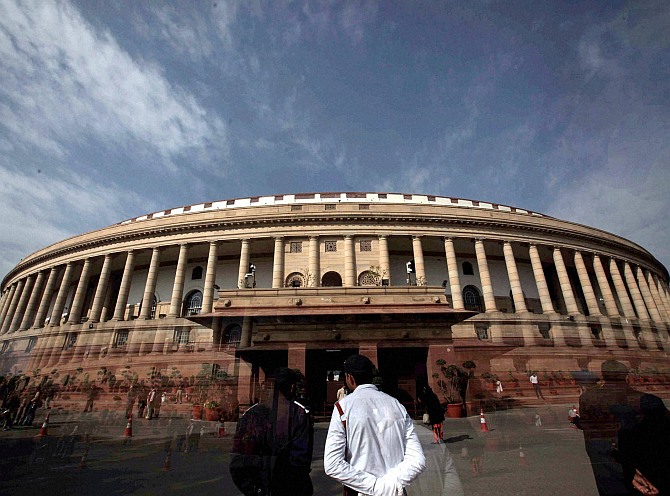
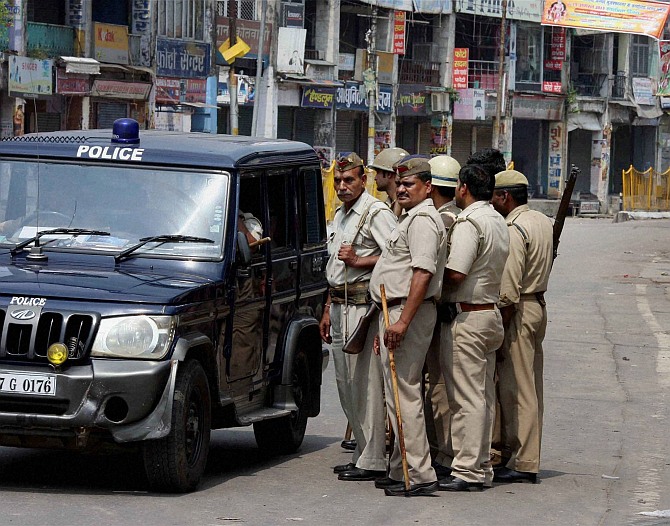
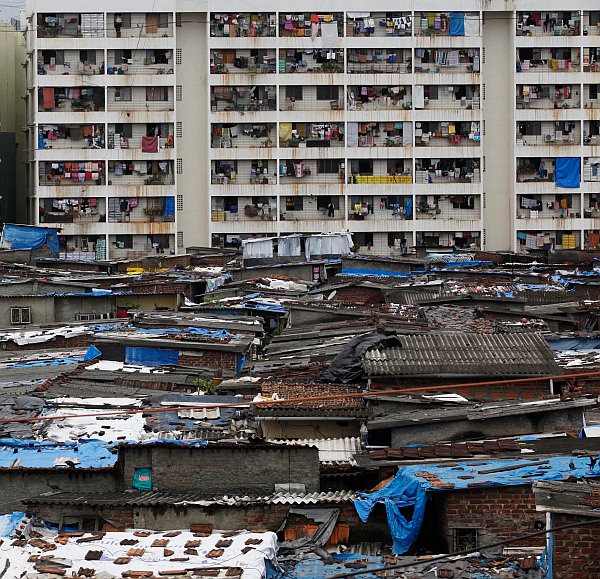
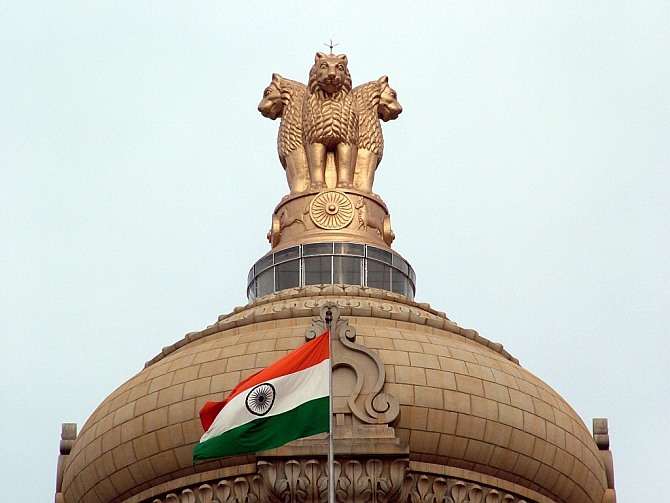

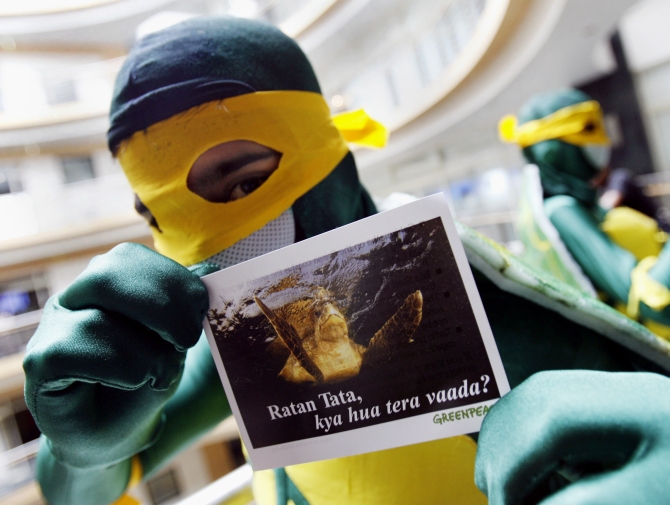
article